Amid the steady churn of economic reform and urban expansion in Saudi Arabia, a quieter rhythm holds its ground in the western highlands. Each spring, the hills of Taif blush with millions of Damask roses—delicate, fragrant, and short-lived. For Khalaf Allah Al Talhi, an 80-year-old farmer who has tended these blooms for decades, the work is less a business than a calling. “I love roses and take care of them more than I care for my own children,” he says—not without a smile, but not without sincerity either.
In a country often defined by speed and scale, the Taif rose harvest is a study in patience. Picked at dawn, petal by petal, the flowers are distilled into rose water and rose oil—used locally in perfumes, cosmetics, and, most notably, to cleanse the walls of the Kaaba in Mecca. This ritual alone lends the blooms a spiritual weight far beyond their economic value. For many Saudis, especially in the western region, rose harvesting in Saudi Arabia is a seasonal tradition tied to memory, family, and land.
In Saudi Arabia, Taif’s roses are more than a local crop—they carry layers of meaning. Their scent fills homes, perfumes religious rituals, and marks festive occasions. Every year, rose water made from Taif blooms is used to cleanse the walls of the Kaaba in Mecca, lending spiritual symbolism to a flower grown far from the holy city. For many Saudis, especially those from the western region, the rose harvest is a cultural anchor—part of family histories, seasonal rhythms, and regional pride. In a society navigating rapid change, these blooms quietly preserve a sense of continuity and care.
Such customs remain quietly significant in a society undergoing rapid transformation. The appeal of Taif roses lies not only in their scent, but in what they represent: continuity, care, and a connection to nature. Yet even this pocket of cultural steadiness is now exposed to disruption. Climate change in Saudi Arabia—manifesting in extreme heat, sudden cold snaps, and erratic rainfall—has begun to threaten harvests, making each season less predictable.
Agriculture in Taif is not a major part of the Saudi economy, but it is an essential part of its cultural landscape. The city of roses offers a rare reminder that beneath the megaprojects and reforms, Saudi culture is still rooted in the soil—in gestures, routines, and the quiet pride of those who preserve them.
The question now is whether such traditions can withstand the dual pressures of modernization and climate. In Taif, at least, the answer still smells faintly of roses.
Amid the steady churn of economic reform and urban expansion in Saudi Arabia, a quieter rhythm holds its ground in the western highlands. Each spring, the hills of Taif blush with millions of Damask roses—delicate, fragrant, and short-lived. For Khalaf Allah Al Talhi, an 80-year-old farmer who has tended these blooms for decades, the work is less a business than a calling. “I love roses and take care of them more than I care for my own children,” he says—not without a smile, but not without sincerity either.
In a country often defined by speed and scale, the Taif rose harvest is a study in patience. Picked at dawn, petal by petal, the flowers are distilled into rose water and rose oil—used locally in perfumes, cosmetics, and, most notably, to cleanse the walls of the Kaaba in Mecca. This ritual alone lends the blooms a spiritual weight far beyond their economic value. For many Saudis, especially in the western region, rose harvesting in Saudi Arabia is a seasonal tradition tied to memory, family, and land.
In Saudi Arabia, Taif’s roses are more than a local crop—they carry layers of meaning. Their scent fills homes, perfumes religious rituals, and marks festive occasions. Every year, rose water made from Taif blooms is used to cleanse the walls of the Kaaba in Mecca, lending spiritual symbolism to a flower grown far from the holy city. For many Saudis, especially those from the western region, the rose harvest is a cultural anchor—part of family histories, seasonal rhythms, and regional pride. In a society navigating rapid change, these blooms quietly preserve a sense of continuity and care.
Such customs remain quietly significant in a society undergoing rapid transformation. The appeal of Taif roses lies not only in their scent, but in what they represent: continuity, care, and a connection to nature. Yet even this pocket of cultural steadiness is now exposed to disruption. Climate change in Saudi Arabia—manifesting in extreme heat, sudden cold snaps, and erratic rainfall—has begun to threaten harvests, making each season less predictable.
Agriculture in Taif is not a major part of the Saudi economy, but it is an essential part of its cultural landscape. The city of roses offers a rare reminder that beneath the megaprojects and reforms, Saudi culture is still rooted in the soil—in gestures, routines, and the quiet pride of those who preserve them.
The question now is whether such traditions can withstand the dual pressures of modernization and climate. In Taif, at least, the answer still smells faintly of roses.
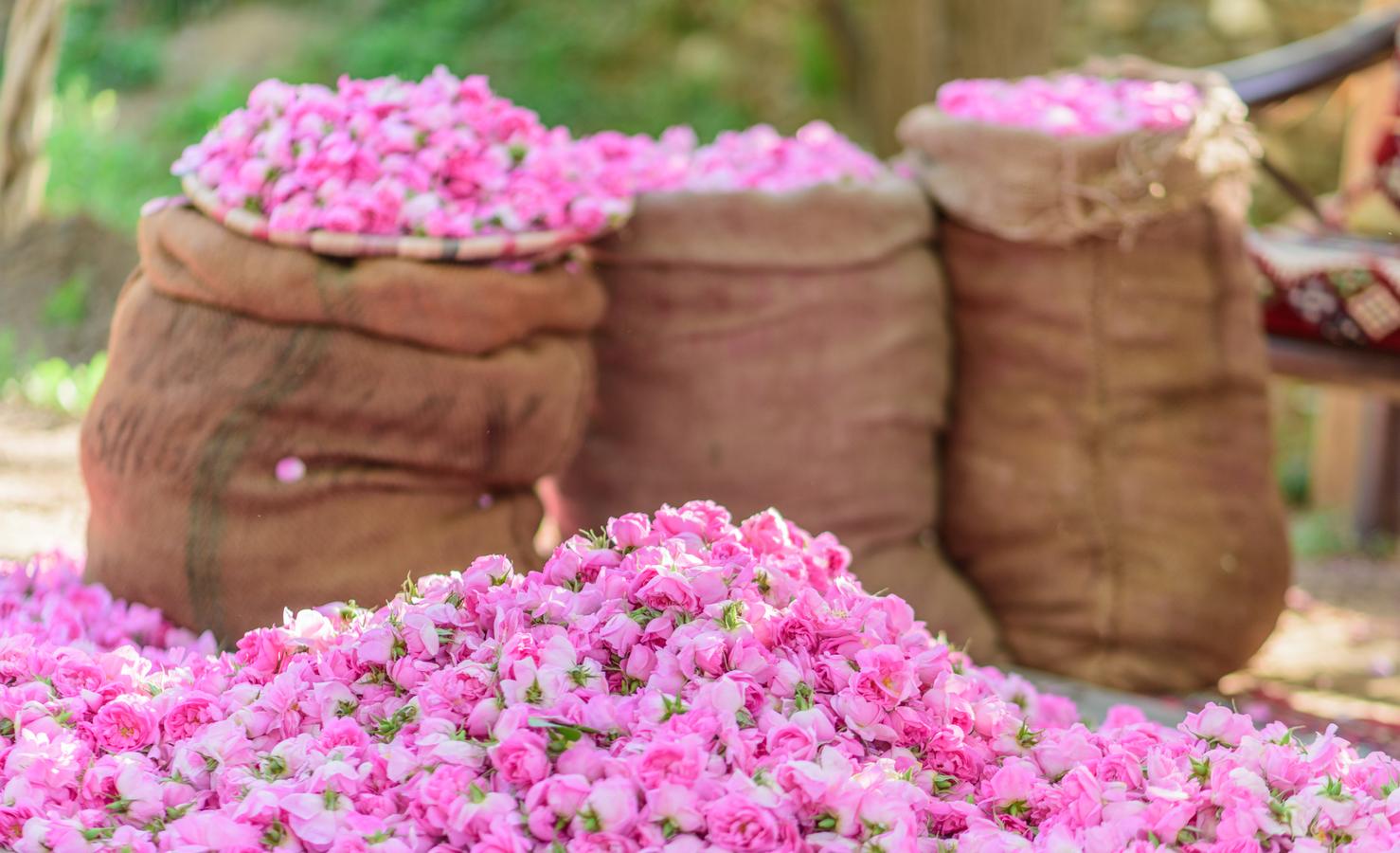
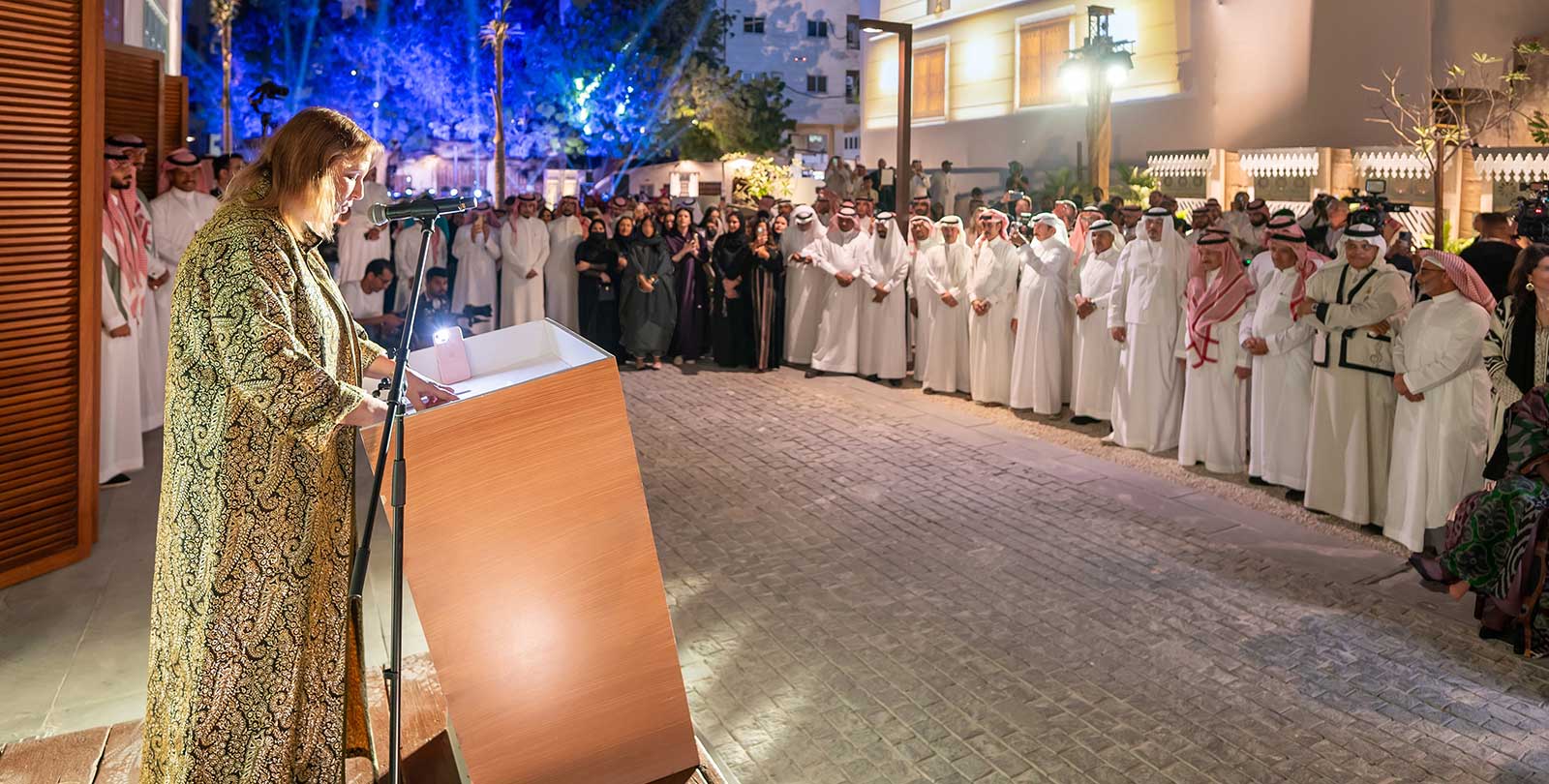

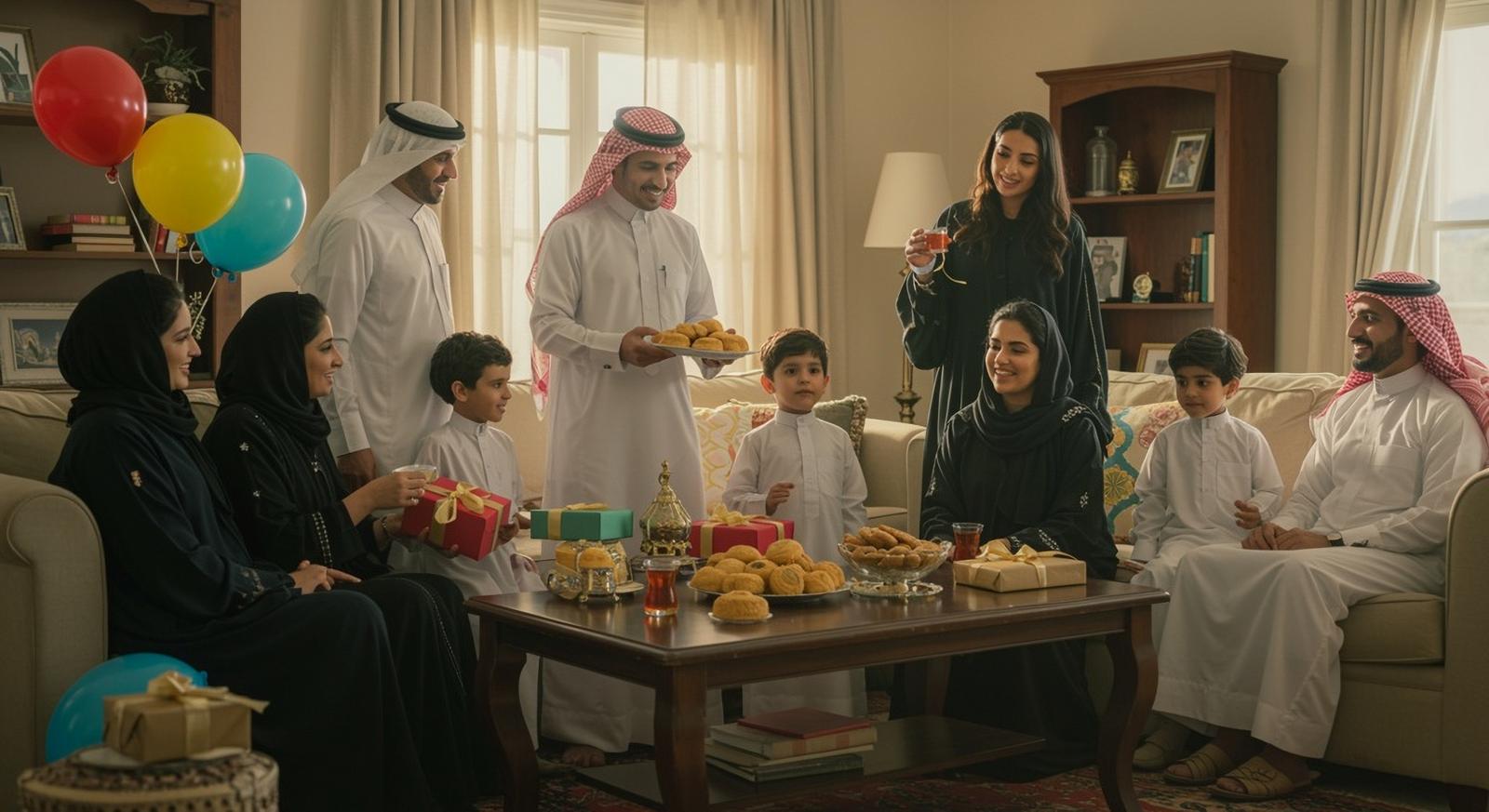

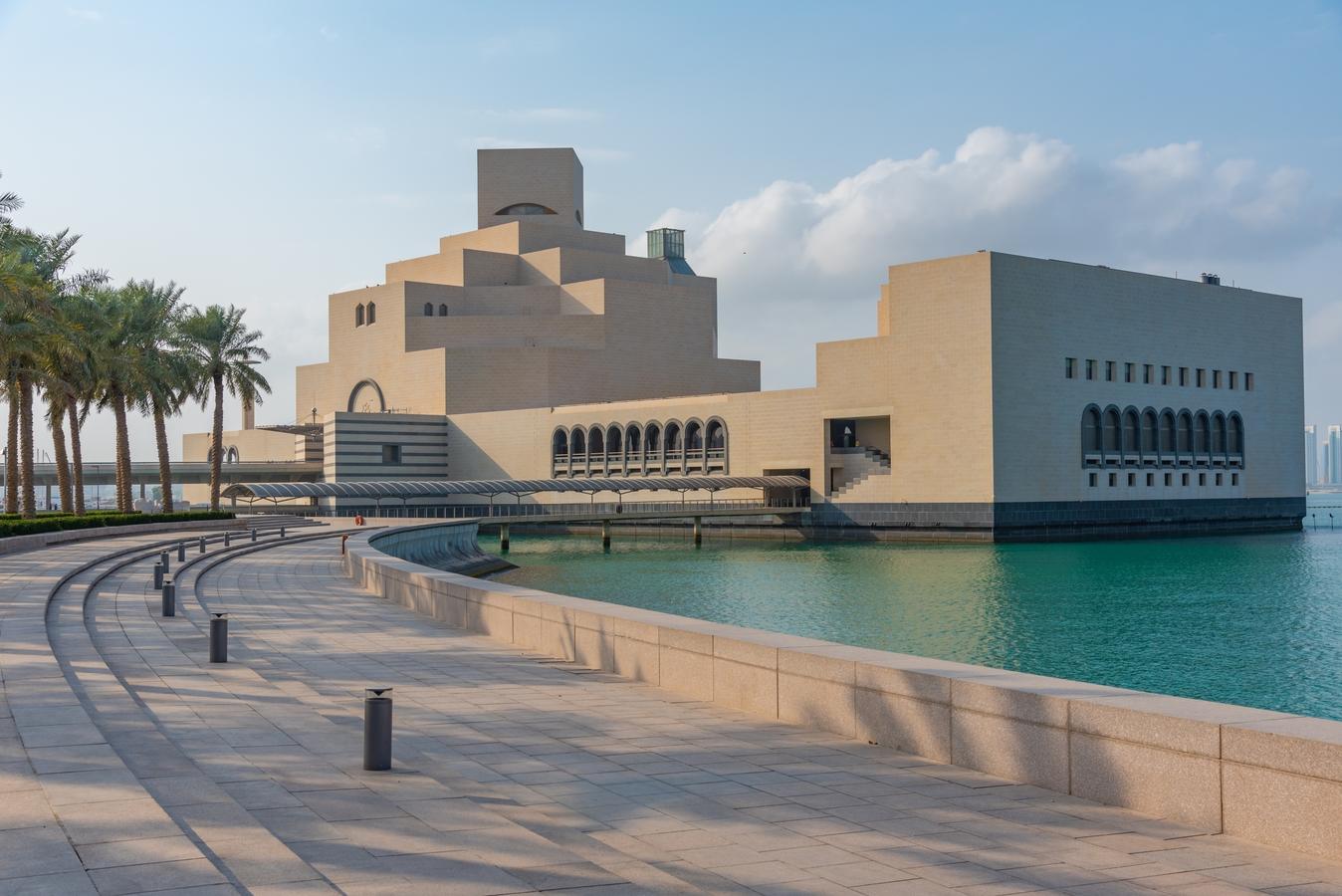

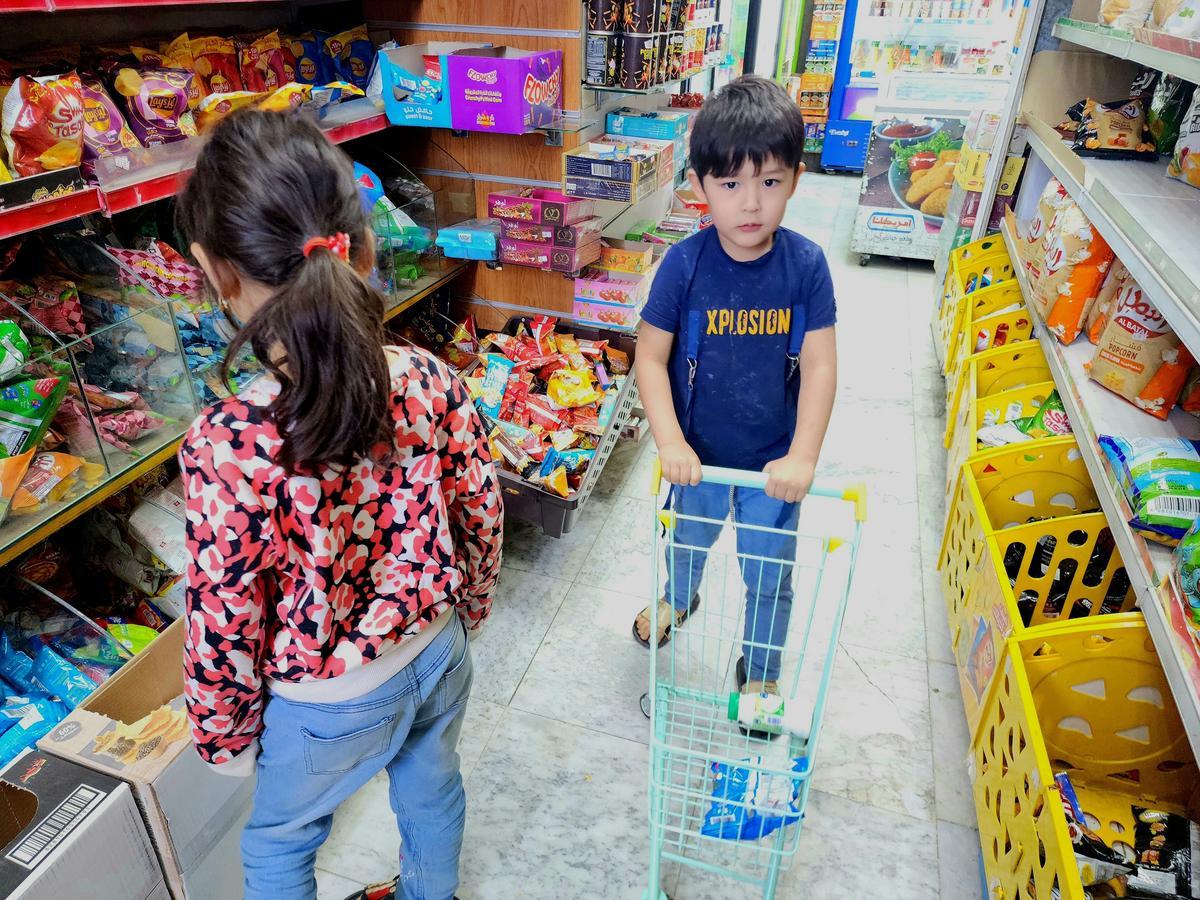
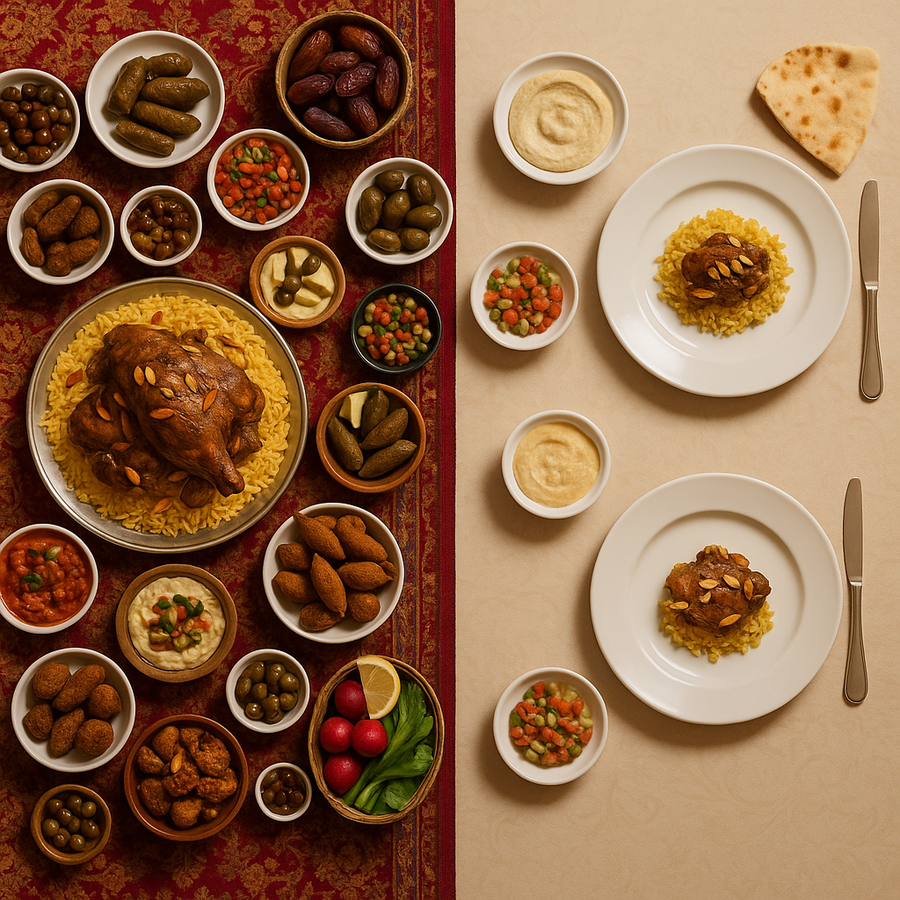
0 Comments
No comments yet. Be the first to comment!